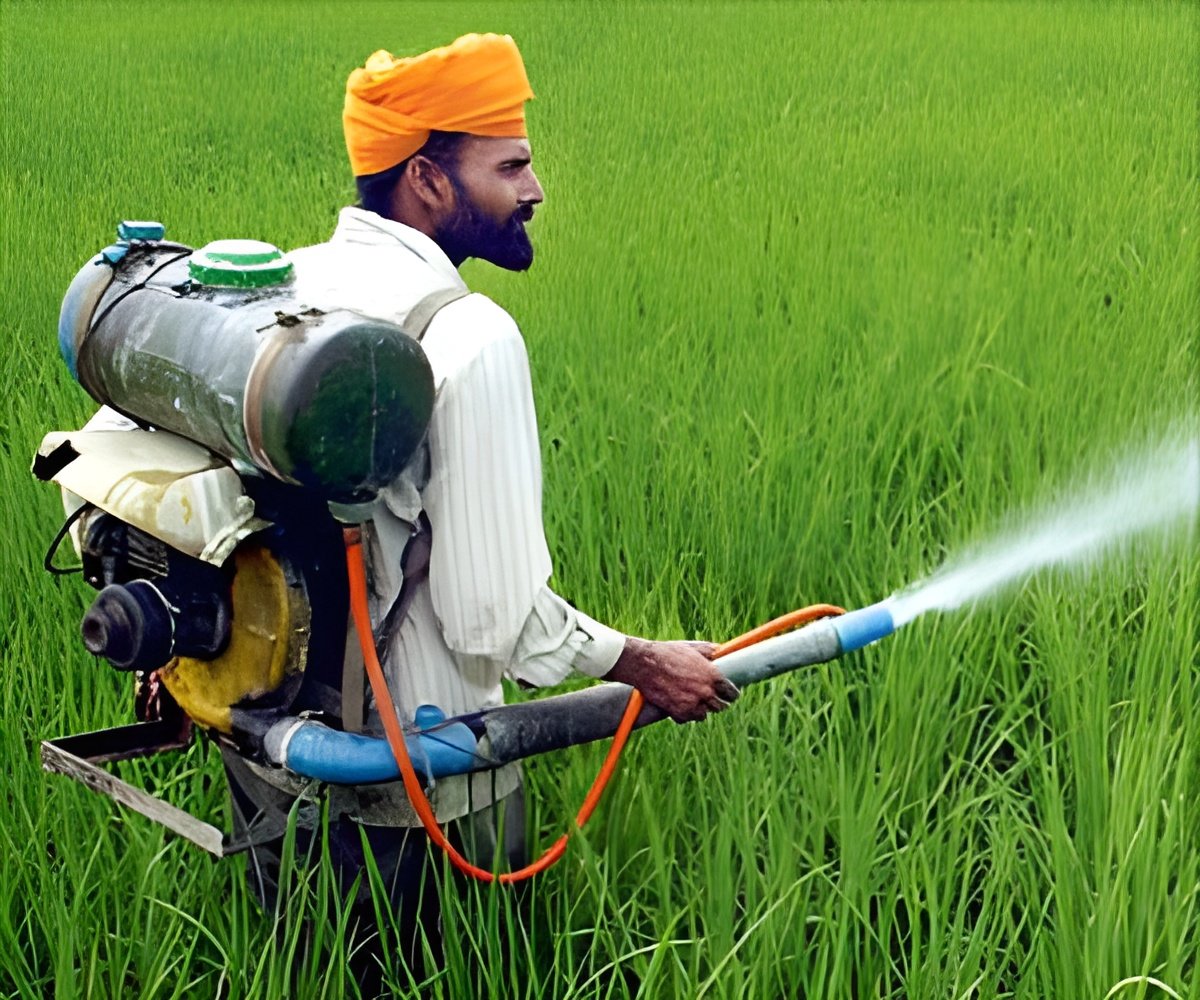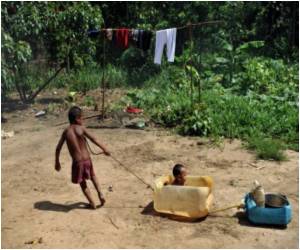
‘The European Parliament has recommended that glyphosate should only be approved for another seven years, and not be used by the general public.’
Tweet it Now
"The Commission has made clear that it would not proceed without a solid qualified majority (QM) of Member States," a spokeswoman for the commission, the EU's executive arm, said in an email. "Since it was obvious that no qualified majority would have been reached, a vote was not held," the spokeswoman added.
Glyphosate was first used in the 1970s as the active ingredient in the Monsanto herbicide Roundup, which is now one of the world's most popular weedkillers.
The European Commission, the EU's top regulator, recommended that the bloc greenlight glyphosate for another nine years when its current license ends on June 30, sources close to the matter told AFP.
But critics, led by Greenpeace, point to research from the World Health Organization (WHO) that concludes glyphosate may be carcinogenic and are calling for the ingredient's outright ban.
Advertisement
French Environment Minister Segolene Royal in a tweet said: "Very good news. More and more countries are following France and refused authorization".
Advertisement
Last week, a review carried out by pesticide experts from the WHO and the UN's Food and Agriculture Organization said "glyphosate is unlikely to pose a carcinogenic risk to humans from exposure through the diet."
That appeared to contradict a March 2015 finding from the WHO's International Agency for Research on Cancer (IARC), which said glyphosate "probably" caused cancer.
In a statement, the Monsanto-backed Glyphosate Task Force regretted an "acute politicization of the regulatory procedure".
"The GTF consider this situation to be discriminatory, disproportionate and wholly unjustified,” said Richard Garnett, head of the taskforce.
Source-AFP









